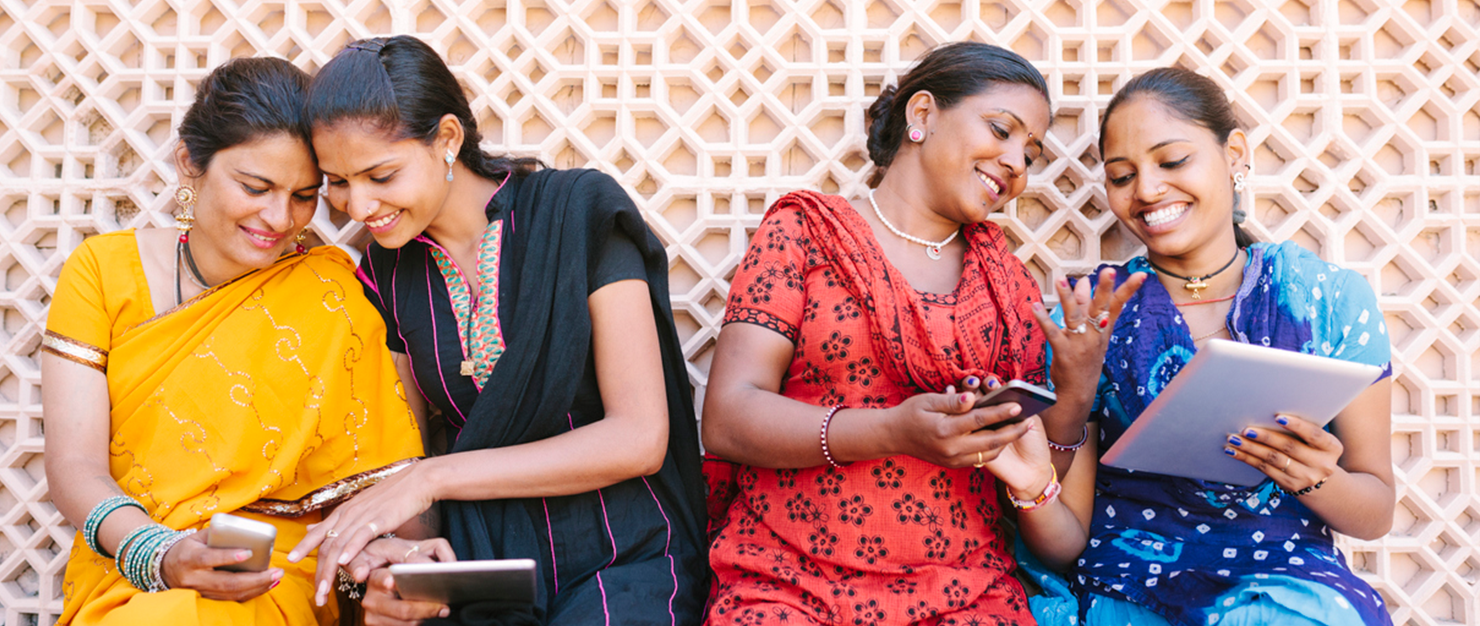

Around the world, equality for women and girls is still an ongoing struggle. This International Women’s Day, the United Nations is shining a spotlight on the gender gap in STEM education and careers, as well as the threat of online violence that women face.
Improving women’s rights is a key goal for a number of organizations in the World Justice Challenge network, which includes community-based organizations from around the world that are dedicated to strengthening the rule of law. Several of these organizations are strategically utilizing technology in their work—whether in addressing online harassment, providing women and girls with a digital education or supporting survivors of sexual violence.
- In the Philippines, Layertech Labs trains women, girls, and disabled people in rural and marginalized communities on how to use software tools and online platforms and join the digital economy as entrepreneurs.
“Women tend to be more empowered to fight for their rights—to speak up against abuse—if they are independent and if they have a means of sustaining themselves,” explained Frei Sangirl, co-founder and president of Layertech Labs, a 2021 World Justice Challenge Anti-Corruption finalist.
In 2021, Layertech provided over 300 women micro-entrepreneurs with free ICT and Cybersecurity Training, in addition to free software tools and premium access to learning platforms. The organization also provided coding courses to girls aged 8-13 and children with disabilities.
- In Pakistan, The Digital Rights Foundation, a 2021 World Justice Challenge finalist in the Access to Justice for All category, focuses on educating women and girls about online harassment. The group’s helpline provides legal and psychosocial support and refers cases to relevant government agencies, legal and health services, and social media companies, as Helpline Manager Hyra Basit explained at the Asia Pacific Justice Forum in December.
- In Chile, Fundación Multitudes, a 2022 honorable mention in the Equal Rights and Non-Discrimination category, focuses on combatting disinformation in Latin America, particularly surrounding women political candidates and women’s participation in the political arena as advocates and citizens. The group has trained more than 2,000 civil society leaders, public officials, and journalists to recognize and push back against online disinformation.
- In South Africa, AI for Good, a 2021 World Justice Challenge finalist in Access to Justice for All, created Bo, a chatbot that provides empathy and resources to victims of domestic abuse.
- Created in India, Safecity is an app that generates a crowd map based on submitted accounts of sexual and gender-based violence. Safecity shows women that they aren’t alone—and prompts communities to take action.
- In Iraq, survivors of ISIS violence were severely isolated during the beginning of the pandemic. The Lotus Flower, 2021 World Justice Challenge finalist in the Access to Justice for All category, addressed COVID-related constraints on services for survivors of sexual and gender-based violence by providing remote therapy sessions with psychologists.
Within the 2022 WJP Rule of Law Index measure for Fundamental Rights the average score for a country in equal rights and non-discrimination was 0.57 out of 1, demonstrating that there is still a lot of progress to be made around the world.
Policymakers can look to these and other World Justice Challenge network organizations to see high-quality projects using technological innovation to help make that progress possible for women and girls.
To learn more about the World Justice Challenge, contact [email protected].






